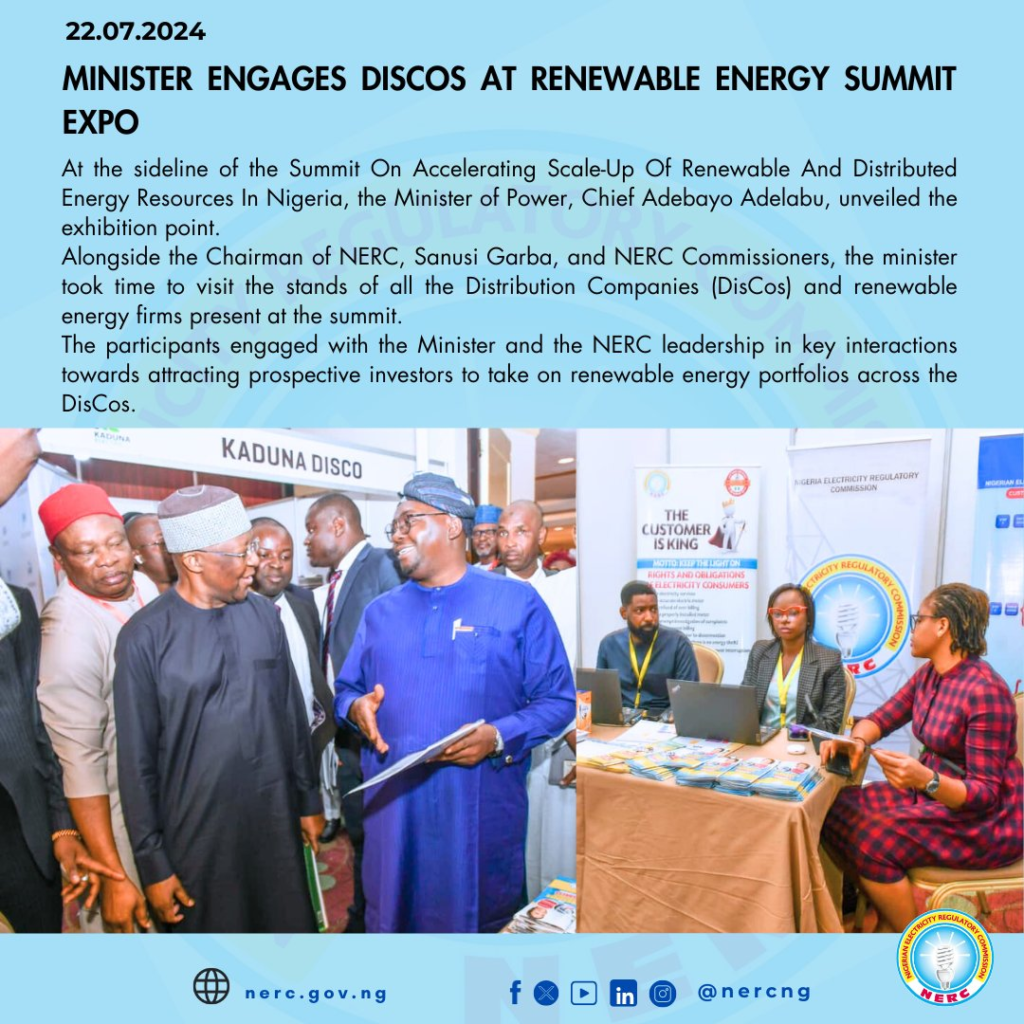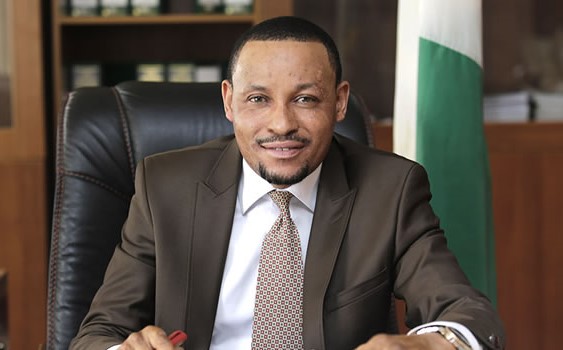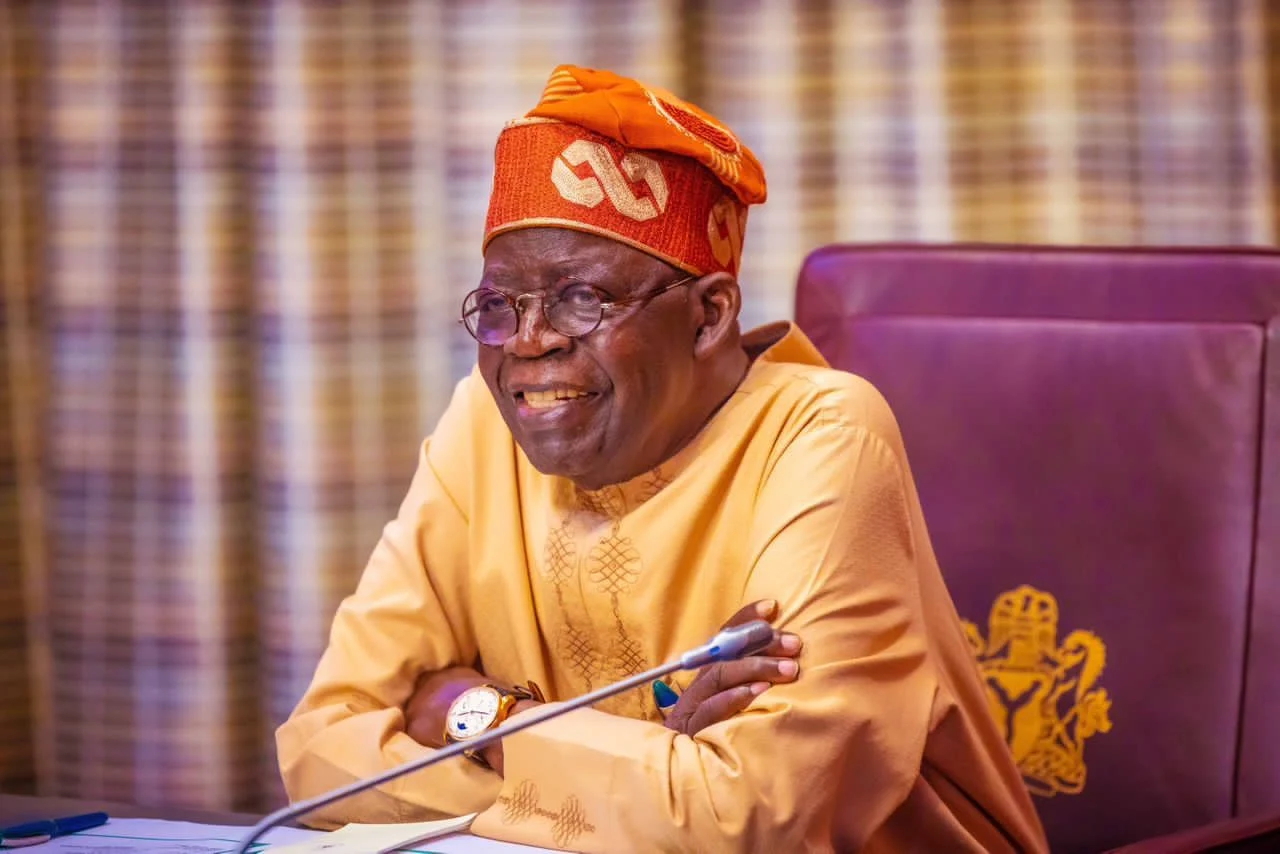Nigeria’s Federal Government plans to generate an additional 9,000MW of electricity to meet the country’s power needs. This was revealed by the Minister of Power, Chief Adebayo Adelabu, at a summit for renewable and distributed energy resources in Nigeria.
The minister reiterated the government’s commitment to ensuring affordable and reliable power for industries, institutions, and other sectors. Programs like the Interconnected Mini-Grid Acceleration Scheme (IMAS) aim to deploy mini-power grids nationwide to combat continuous grid failures and increase generation capacity.
The severe lack of grid reliability in Nigeria has not only hampered economic productivity but also deterred foreign investment and exacerbated unemployment. This underscores the pressing and urgent need for sustainable solutions to the country’s power crisis.
The government is committed to sustaining efforts to de-risk renewable energy generation through programs like the IMAS, with the EU’s and German governments’ technical support.
EU Partnership
The EU Delegate to the conference, Mr. Godfrey Ogbemudia, said the EU has been partners with Nigeria on renewable energy since 2008. This partnership has seen the EU commit “approximately EUR 200 million in grants until 2020 on various projects focusing on policy, regulations, building the capacity of market participants, and facilitating access to finance in both public and private sectors.” The EU’s support has been instrumental in Nigeria’s efforts to develop its renewable energy sector.

As of 2021, the EU has raised further funding with EUR 100 million, primarily through innovative financing, technical assistance, and energy infrastructure projects, says Mr. Ogbemudia. These investments are projected to result in 400MW of new renewable energy capacity to be installed by 2027, benefiting over five million Nigerians and saving approximately 500,000 tonnes of CO2.
The promising projections offers hope for Nigeria’s sustainable energy future, with the potential to transform the lives of millions and reduce carbon emissions.
Comment, Like 👍, share this article, and Follow us on our social media handles.







